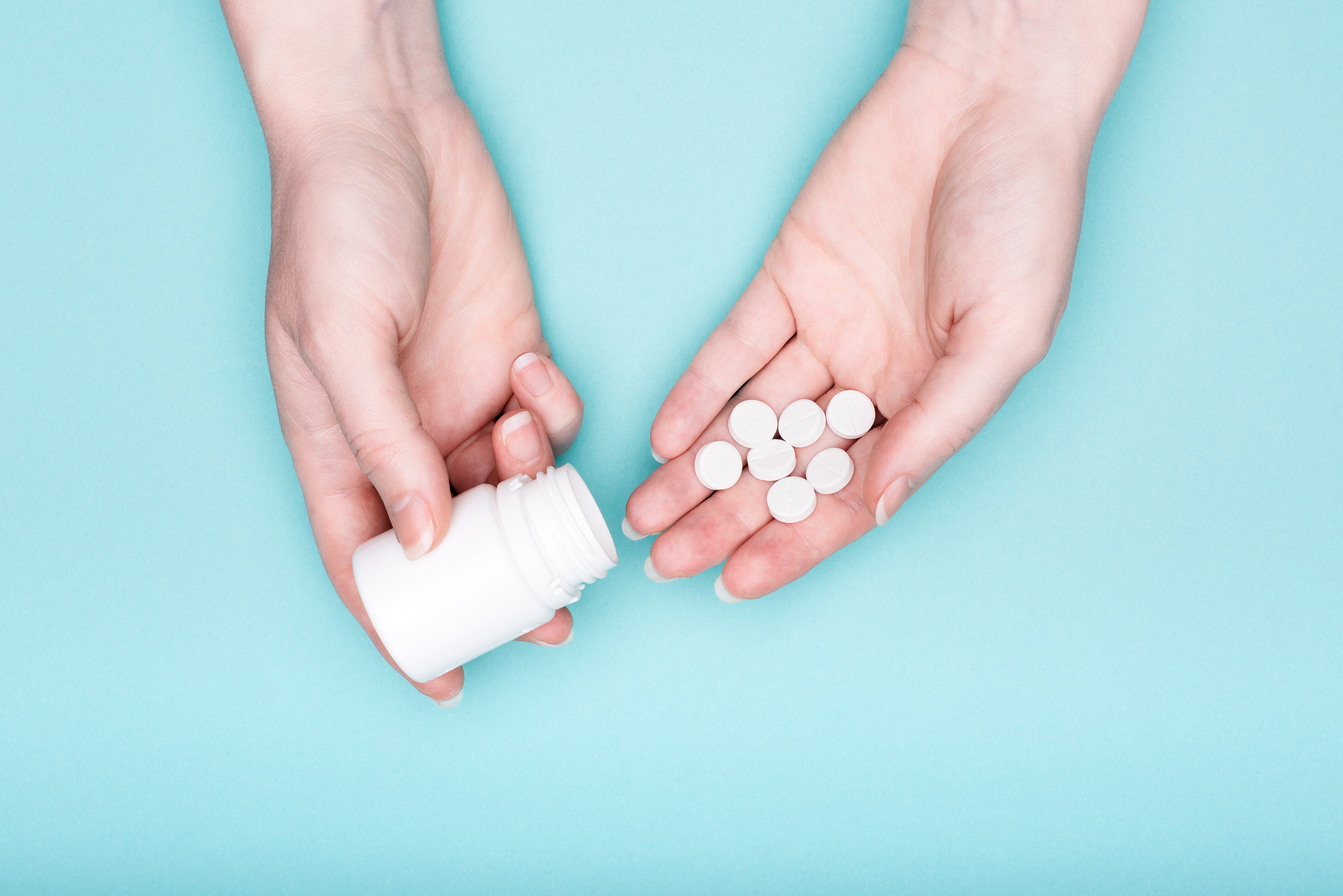Get Easy Health Digest™ in your inbox and don’t miss a thing when you subscribe today. Plus, get the free bonus report, Mother Nature’s Tips, Tricks and Remedies for Cholesterol, Blood Pressure & Blood Sugar as my way of saying welcome to the community!
The vitamin deficiency found to fuel addiction

It’s hard to turn on the news without hearing about the rampant addiction to opioids in our country.
Some blame Big Pharma for pushing the drugs in the first place. Others lay the problem at the feet of doctors who continue to prescribe the medications, despite alternatives.
But there’s something the experts may be missing.
According to a new study, opioid addiction could actually be caused by something far closer to home. In fact, your chances of becoming addicted to opioids may depend on your levels of an important vitamin…
Low levels of vitamin D and addictive behavior
According to research led by investigators at Massachusetts General Hospital (MGH), a vitamin D deficiency strongly drives the craving for opioids and exaggerates their effects — potentially increasing the risk for dependence and addiction.
Previous work by David E. Fisher, MD, Ph.D., director of the Mass General Cancer Center’s Melanoma Program and director of MGH’s Cutaneous Biology Research Center (CBRC), set the foundation for the current study…
In 2007, Fisher and his research team discovered something unexpected: Exposure to ultraviolet rays, specifically UVB rays, causes the skin to produce the hormone endorphin. Endorphin is sometimes called a “feel good” hormone because it induces a sense of mild euphoria — and is chemically related to morphine, heroin and other opioids. In fact, all activate the same receptors in the brain.
A subsequent study by Fisher found that UV exposure raises endorphin levels in mice, which then causes them to display behavior consistent with opioid addiction.
Studies have suggested that some people develop urges to sunbathe and visit tanning salons that mirror the behaviors of opioid addicts. Fisher and his colleagues speculated that people with these urges could be seeking out UVB because they unknowingly crave the endorphin rush. But that suggests a major contradiction. “Why would we evolve to be behaviorally drawn towards the most common carcinogen that exists?” asked Fisher.
Fisher and colleagues hypothesize that “sun seeking” is driven by vitamin D deficiency, to increase the synthesis of the hormone for survival — and that vitamin D deficiency might also make the body more sensitive to the effects of opioids, potentially contributing to addiction. And that’s what he saw in experiments with mice where varying levels of vitamin D were manipulated.
Their findings suggesting that vitamin D deficiency increases addictive behavior was supported by several analyses of human health records. One analysis showed that patients with modestly low vitamin D levels were 50 percent more likely than others with normal levels to use opioids, while patients who had severe vitamin D deficiency were 90 percent more likely. Another analysis found that patients diagnosed with opioid use disorder (OUD) were more likely than others to be deficient in vitamin D.
More vitamin D to beat the opioid epidemic
The results of the research were so impressive that the scientists believe that thanks to vitamin D, “… we may have an opportunity in the public health arena to influence the opioid epidemic.”
So if you are taking or will be taking an opioid to help control either chronic pain or the acute pain of an upcoming surgery, be sure to add more vitamin D to your diet. You can ask your doctor to order a blood test to measure your levels. Depending on your level of deficiency he may suggest large doses to correct it, followed by a maintenance amount.
Many experts recommend a maintenance dose of 2000 to 5000 IU daily. The key is to choose a vitamin D3 supplement, which is the most bioavailable form — cholecalciferol.
Food sources that supply hefty amounts of vitamin D include fatty fish, like salmon and sardines, egg yolks, liver and fortified breakfast foods.
In case you didn’t know, there is no shortage of benefits to getting sufficient levels of vitamin D. You can learn more about what the sunshine vitamin can do for your health here.
Editor’s note: Did you know that when you take your body from acid to alkaline you can boost your energy, lose weight, soothe digestion, avoid illness and achieve wellness? Click here to discover The Alkaline Secret to Ultimate Vitality and revive your life today!
Sources:
Vitamin D Deficiency May Increase Risk for Addiction to Opioids — Pharmacy Times
Vitamin D deficiency may increase risk for addiction to opioids and ultraviolet rays — Massachusetts General Hospital













